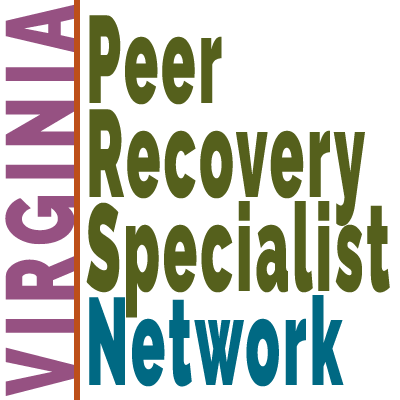Blog
Myths Surrounding Vulnerability
Have you ever cringed at the word vulnerability? Does it make you feel weak? Have you ever thought that vulnerability is overrated and for other people? I have. I’ll admit it. At times, I hate being vulnerable. Why? Because it’s risky to be vulnerable. It is often a scary thing to be vulnerable. But when we are vulnerable, I would argue, is when we are really alive.
Why is vulnerability so important as a peer recovery specialist? As we know, in order for another peer to derive value from our services, we have to be open in sharing our story as it is appropriate in style and content. With certain peers, we will share certain details and different details with others. That is perfectly fine. Effective peer recovery specialists are adept at reading, if you will, their audience to tailor their message accordingly.
The problem is it is often hard to share and be vulnerable because of fear of judgment and/or rejection. That is a universal issue. It’s a human thing. And peers are human. Ergo, it’s widespread. The good news is that we can learn how to be vulnerable in safe and appropriate ways.
Our new virtual VPRSN Facebook book club* started this past Wednesday at noon. We will be meeting the last Wednesday of each month. Our chosen book is Dare to Lead: Brave Work. Tough Conversations. Whole Hearts by Brene Brown. And we began to learn about vulnerability. I’d like to share a couple of concepts with you that we learned.
- “You can’t get to courage without rumbling with vulnerability. Embrace the suck.”
- “Self-awareness and self-love matter. Who we are is how we lead.”
“Embrace the suck” is a military slang phrase to implore soldiers to embrace harsh conditions whether it be physical, mental or emotional. When we became peer recovery specialists, we had to be vulnerable. We often told our stories to our class participants, some for the first time. Likewise, our support of another peer rests on the principles of vulnerability. Courage comes when vulnerability speaks. Embrace the suck.
What goes on in the inside usually, at some point, makes it’s way to the outside. This isn’t always bad, of course. However, we would do well to have as much self-understanding as possible so we can decide how we want to be so when we lead another peer through our story and listen to theirs, they see our vulnerability and are more likely to open up as well. Of course, all of this goes without saying, that we exercise our best judgment when being vulnerable. So, I challenge you today and I will take the challenge as well…make a new friend by being vulnerable and showing up as your authentic self.
*Email me if you want to join our VPRSN Facebook group virtual book club at chris.newcomb@mhav.org, we’d LOVE to have you.

Chris Newcomb
VPRSN Coordinator
Chris Newcomb, M.Div., PRS, CPMC, CWF, CSSF is the VPRSN Coordinator on behalf of Mental Health America of Virginia. He holds a Bachelor in Psychology from Radford University and a Master of Divinity from Duke University. In his spare time, he is a singer/songwriter who loves to write new songs, practices Krav Maga, and enjoys time with family and friends.

